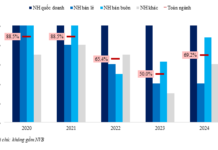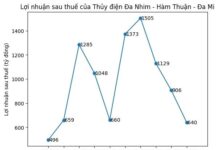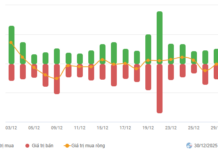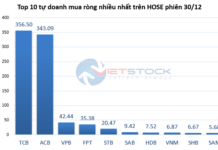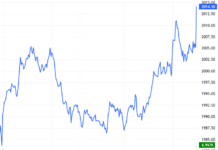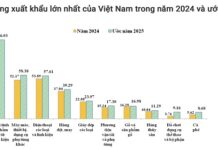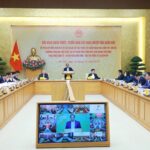The Trump administration will bring about a shift in US global security policy.
Economist Intelligence Unit (EIU) assesses the degree of countries’ reliance on a more independent foreign policy direction, with the slogan “America First,” through the Security Dependence Index. This index includes factors such as dependence on US military aid and the presence of US troops in countries.
Trump is known for his view that America’s defense alliances need to be rebalanced, with partners contributing more. As a result, a country’s military expenditure (as a percentage of GDP) is considered an important factor in this auxiliary index. EIU also considers foreign military sales, believing that increased spending on American weapons will help countries mitigate potential security changes under Trump.
Countries Most Affected by Security under President Trump
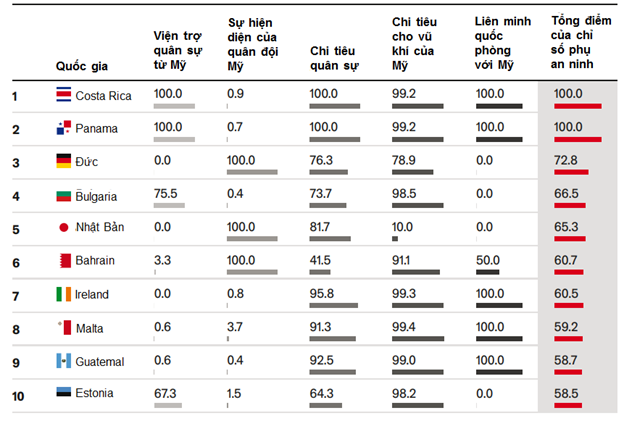
Source: Economist Intelligence Unit (EIU)
(*) Note: The higher the score, the greater the impact.
Some of America’s closest allies are considered to have the highest security impact.
NATO allies in Eastern and Central Europe, such as Bulgaria, Estonia, and Latvia, are ranked high. This is particularly concerning, given their vulnerability if relations between NATO and Russia deteriorate and lead to a full-scale conflict. Germany, which hosts a large number of US troops and has a low defense expenditure as a percentage of GDP, ranks third. Meanwhile, although Japan has some similar characteristics, it is considered less affected due to its higher spending on American weapons.
Several Latin American countries, including Costa Rica and Panama, receive military aid from the US but have limited or no defense expenditure, also falling within the top ranks of the index.
Average military expenditure as a percentage of GDP for 2022-2023 among US allies
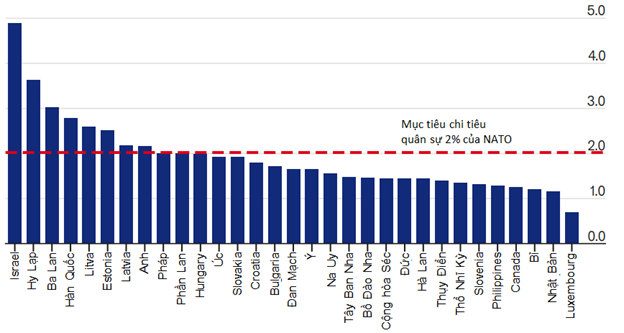
Source: Economist Intelligence Unit (EIU)
Among key US allies, Australia, Finland, Greece, and Poland are considered the least affected, thanks to their robust defense spending and purchases of American weapons. Oman and Saudi Arabia, important defense partners of the US in the Middle East, have limited dependence on Trump’s changes.
Non-aligned countries like India and Singapore also exhibit relatively low dependence, despite close military ties and cooperation with the US, as they largely rely on their defense resources.
Trump Risk Mitigation Strategies
Governments and businesses can consider strategies to mitigate risks associated with potential policy changes under Trump. For instance, the Trump administration may view positively the recent commitments made by Germany and Japan to increase defense spending. Precautions can be taken to minimize trade risks. Governments must tightly control to prevent Chinese goods from being disguised as domestic products for export to the US. State-directed purchases of American agricultural and energy products could ease concerns about trade imbalances. Companies exporting politically sensitive goods, such as steel, to the US may consider market diversification to hedge against higher tariff risks.
Fostering close relationships between leaders can also be beneficial. Trump’s first term showed that his decisions could be influenced by his personal relationships with other leaders. Then-Japanese Prime Minister Abe Shinzo, for example, skillfully cultivated a relationship with Trump and secured trade concessions for his country. It is also possible that some leaders may see Trump as a like-minded ally with whom they can do business and bring benefits to their nations. Leaders like Hungarian Prime Minister Viktor Orban or Argentine President Javier Milei stand out as “Trumpists” in regions where most other political leaders may hold differing ideological views. Trump’s return poses risks for some countries but not all.
– 09:00 28/12/2024






